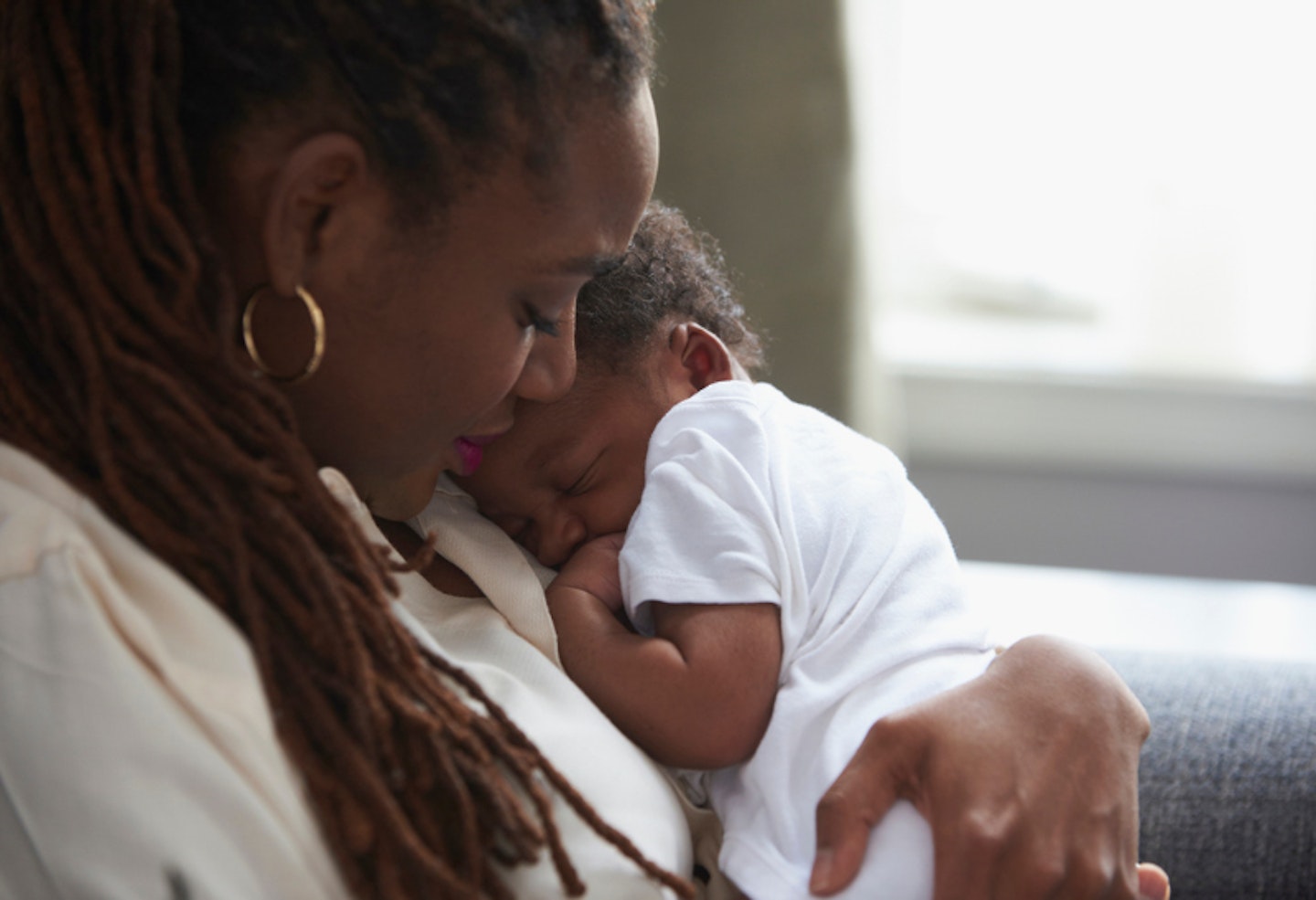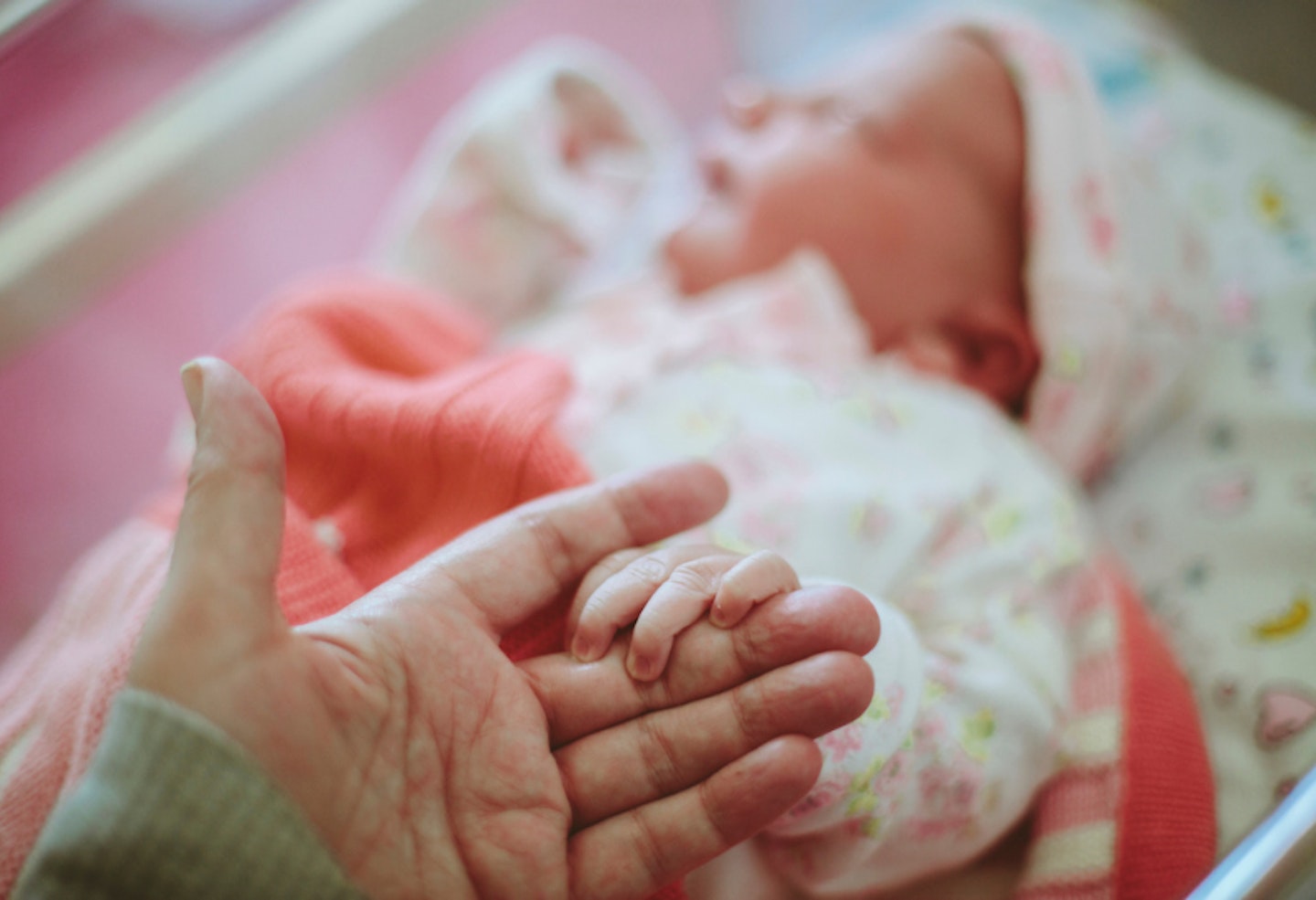The birth of your baby should be a happy and special occasion and one you will want to remember. However, a report from the All-Party Parliamentary Group on Birth Trauma, the first inquiry into birth trauma in the UK, has highlighted a host of mistakes and failings which have led to stillbirths, premature births, and life changing disabilities and injuries for both mums and babies.
The report found that your birth experience could shockingly be a postcode lottery. MP Theo Clarke, who chaired the inquiry, said: "I don’t think it is acceptable – that depending on where you live, you will literally be offered a different level of care in terms of how you’re given support during childbirth and afterwards.” The 80-page report which heard the evidence of over 1300 women, concluded with the suggestion that a 'base standard in maternity services across the UK,' should be introduced.
The report also suggested the need to 'Recruit, train and retain more midwives, obstetricians and anaesthetists to ensure safe levels of staffing in maternity services and provide mandatory training on trauma-informed care,” as well as to "provide universal access to specialist maternal mental health services across the UK to end the postcode lottery" and finally to "respect mothers' choices about giving birth and access to pain relief and keep mothers together with their baby as much as possible.” The report called on the Prime Minister and the UK Government to implement their recommendations in full.

Where to seek help if you are struggling with pregnancy or post birth
It is not surprising, especially in light of the findings of the All Parliamentary Group on Birth Trauma report that there's "over a quarter of UK parents suffering from mental health problems during pregnancy or within the first two years after birth."
And while the support is limited, there is support for women, or men, who are struggling following a traumatic birth, or with pregnancy, or finding becoming a parent tough.
Services you can contact include:
•Association for Post Natal Illness: The Association has a countrywide network of phone and e-mail volunteers, who have had, and recovered from post-natal illness. They also run a service for husbands and families. They have a helpline on 020 7386 0868 (10am to 2pm, Monday to Friday) or you can email info@apni.org
•Pre and Postnatal Depression Advice and Support: PANDAS runs a variety of support services including online and face to face support groups as well as a helpline on 0808 196 1776 (11am to 10pm every day) or email info@pandasfoundation.org.uk
•NCT: NCT's vision is that everyone who becomes a parent feels confident, connected and safe. They have a helpline on 0300 330 0700 (9am to 5pm, Monday to Friday)
•Mind: This is a mental health charity providing online support and an infoline on 0300 123 3393 (9am to 6pm, Monday to Friday) or email info@mind.org.uk
Mental health service for new parents introduced in West London
This week a new service was launched by West London NHS (WLNHS) called, HUG, which is a mental health service for new or expecting parents in need of support.
HUG is a free confidential 24/7 text support perinatal mental health service for those who are pregnant and new parents in Ealing, Hounslow, Hammersmith and Fulham. It is a pilot project delivered by the NHS trust, the charity SHOUT and the Royal College of Psychiatrists and it has been launched to coincide with Mental Health Awareness Week.

Dr Sarah Taha, Consultant Perinatal Psychiatrist and Clinical Lead at the Trust's perinatal mental health services, said, "The HUG text messaging service will be instrumental in spreading awareness of the help available. It will provide a confidential, non-judgemental platform that's easily accessible and guides individuals to mental health resources in our community." She believes, "this support during such a crucial time will empower individuals to seek help early leading to improved outcomes for families."
One mum, Fahima, a mother of two from Southall, struggled with severe anxiety during her second pregnancy and she used the service commenting, "it's good to have multiple avenues into perinatal mental health services. I'm excited for mums especially in the generation we are in of social media and texting. It's another way of getting support. It's private and something they can do while breastfeeding and while doing every day mum life." Fahima says for the first time in a long time she feels hope.
Perinatal or postnatal depression can affect any woman, or man, during what they thought would be a happy period and regardless of your pregnancy or birth experience. There is support out there and if you feel you are struggling reach out to your midwife, health worker or GP, and if you are in West London use the new pilot service HUG.
To use HUG, if you live in participating areas, text the word HUG to 85258. Your text will go through to trained volunteers who are supervised and supported in real time by an expert clinical team.
Laura Healy is a Commercial Content Writer for Mother&Baby. She is a mum-of-two girls and loves writing about all things parenting, she is particularly interested in the toddler years and eco-friendly baby products, as well as children’s literature. She has a PhD in Creative Writing and has published short stories in the UK and Ireland, as well as previously writing freelance for her local paper.
